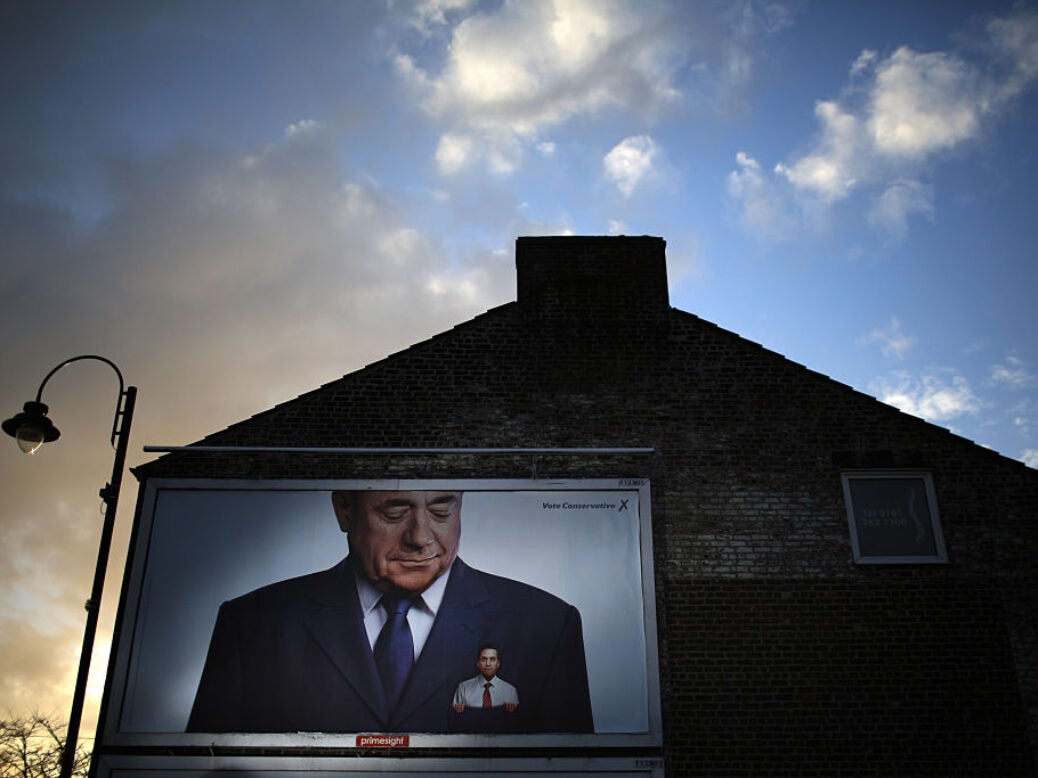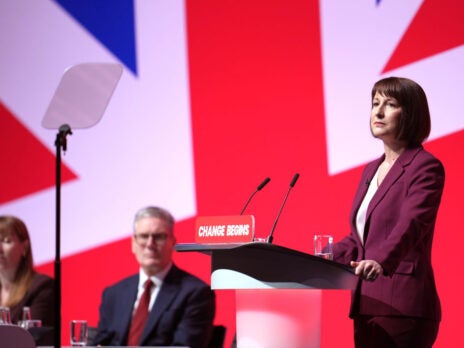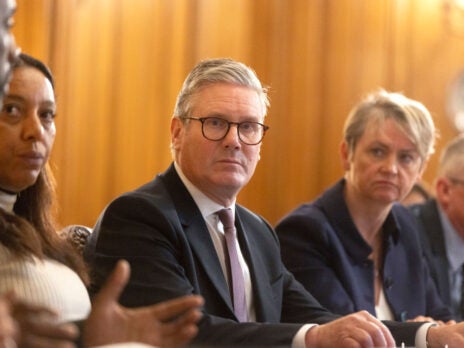
There was an interesting nugget from James Forsyth in the Spectator this week. Some Conservative MPs, he writes, now think the surest way of securing their seats from the threat of the Lib Dems is to go hard on the Union and Scotland a la 2015.
In 2015 the Conservatives put out a slew of attack ads during the election campaign focusing on the risks to the country of a Labour-SNP deal. Those attacks included billboards with Ed Miliband in Alex Salmond’s pocket, backed up by countless Facebook ads saying the same that largely went undetected by the opposition parties. These were alleged to have spooked Lib Dem and Ukip voters into shifting to the Tories. Fears of Scottish nationalists splitting the country asunder after a tighter-than-expected referendum result in 2014 were enough, according to activists on the ground and some data, to have swung key seats in the Tory party’s favour.
If it worked before, it could work again, right? Right now the Tories are in dire straights. They are five percentage points behind Labour in the polls, marginally behind on issues of leadership, and are tied with Labour on the fundamental subject of the economy. The Conservatives need a strategy.
So yes, going hard on the Union could work. It did in 2015. It might in 2022. It helped to keep the Tories relevant in Scotland last year. But it’s unlikely: 2022 is not 2015, and the Labour Party has a very different leader.
The oft-forgotten point about Keir Starmer is that he is a world away not just from Jeremy Corbyn but from Ed Miliband. In terms of public opinion, two years into their respective leaderships, large portions of the country thought poorly of Jeremy Corbyn and Ed Miliband; 45 per cent resented Corbyn, and 52 per cent felt likewise about Miliband. Today, just 35 per cent feel similar about Starmer. In fact 36 per cent don’t even have an opinion on the Labour leader at all.
In terms of leaving an impression, this isn’t ideal for Starmer, but a neutral opinion is better than a negative opinion. He isn’t seen as divisive or weak, like Corbyn and Miliband were. What’s more, he’s been polling better numbers than Boris Johnson on the metrics of competence and capacity — metrics that Miliband always polled poorly on.
It is for that reason that I am doubtful that going hard on the risks of an SNP-Labour deal will yield results for the Conservatives. Starmer is not Miliband: he is seen as stronger than the former leader, and stronger in the face of his Tory opponent as well.
Not only that, but the salience of certain political issues in 2022 is not the same as in 2015. There is no right-wing party for the Conservatives to squeeze anymore: the voters who toyed with Ukip seven years ago are already part of the Tory base now. The strategist Lynton Crosby masterminded successful campaigns for parties when immigration and crime were high up on the agenda, but today they are not. Not even close.
Conservative strategists will need to consider something other than returning to tired 2015 tactics if they fancy holding on to power in the next few years. Voters in the southern Blue Wall who have shifted towards Labour and the Lib Dems won’t be won back that easily.


